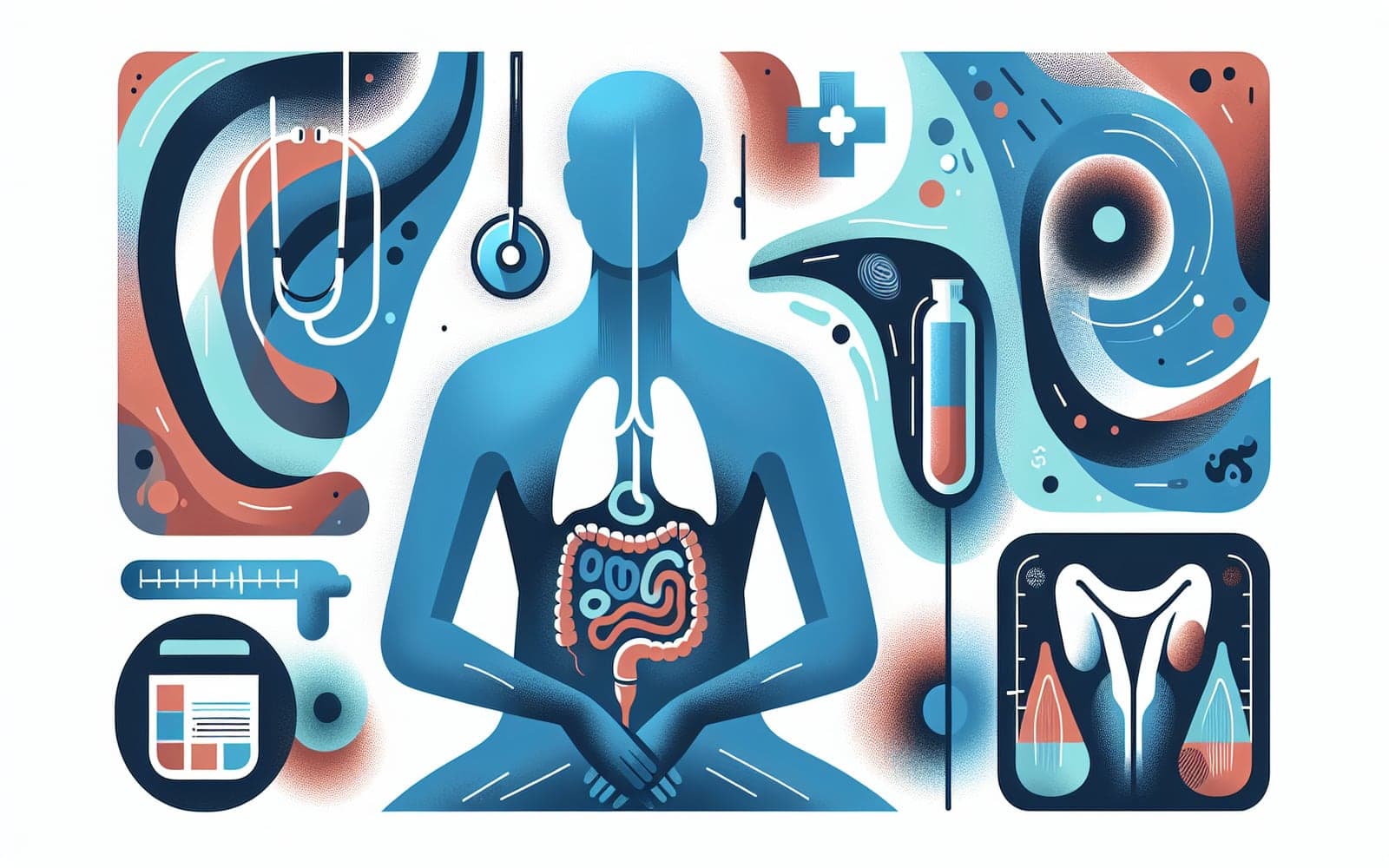Diagnosing Diverticulitis: What Tests Should You Expect?
Published: Jul 28, 2024
Accurate diagnosis of diverticulitis is crucial for proper treatment. Several tests can help doctors confirm the condition and rule out other potential causes of abdominal pain.
Contents
The Go-To Test: CT Scan
The gold standard for diagnosing diverticulitis is a CT (computed tomography) scan of the abdomen and pelvis. This imaging test provides detailed pictures of your intestines and surrounding tissues. It can show inflamed diverticula, abscesses, or other complications. Think of it as a super-powered X-ray that gives doctors a 3D view of your insides. CT scans are quick, painless, and highly accurate, with a 94% success rate in diagnosing diverticulitis.
Blood Tests: Looking for Infection
Your doctor will likely order blood tests to check for signs of infection and inflammation. A complete blood count (CBC) can show if your white blood cell count is elevated, which often happens with diverticulitis. C-reactive protein (CRP) levels may also be checked, as they rise with inflammation. These tests are like sending out scouts to see if your body is fighting an infection.

Other Imaging Options
While CT is preferred, other imaging tests may sometimes be used. Ultrasound can be helpful, especially in younger patients or pregnant women to avoid radiation exposure. It's less accurate than CT but still useful in many cases. In some situations, MRI might be used, though it's less common. X-rays are sometimes done to rule out other conditions but aren't very helpful for diagnosing diverticulitis itself.
Frequently Asked Questions
It's the most accurate test, but mild cases may not require it.
Most are painless, though you may feel discomfort from IV insertion.
CT and blood test results are usually available within hours.
Yes, symptoms can mimic other conditions, but tests help ensure accuracy.
Key Takeaways
Understanding the diagnostic process can help you feel more in control and prepared when facing potential diverticulitis.
If you're experiencing symptoms and wondering about testing options, don't hesitate to consult with Doctronic for personalized guidance.Related Articles
References
Balk EM, Adam GP, Bhuma MR, et al. Diagnostic Imaging and Medical Management of Acute Left-Sided Colonic Diverticulitis : A Systematic Review. Ann Intern Med 2022; 175:379.
Laméris W, van Randen A, Bipat S, et al. Graded compression ultrasonography and computed tomography in acute colonic diverticulitis: meta-analysis of test accuracy. Eur Radiol 2008; 18:2498.
Always discuss health information with your healthcare provider.

